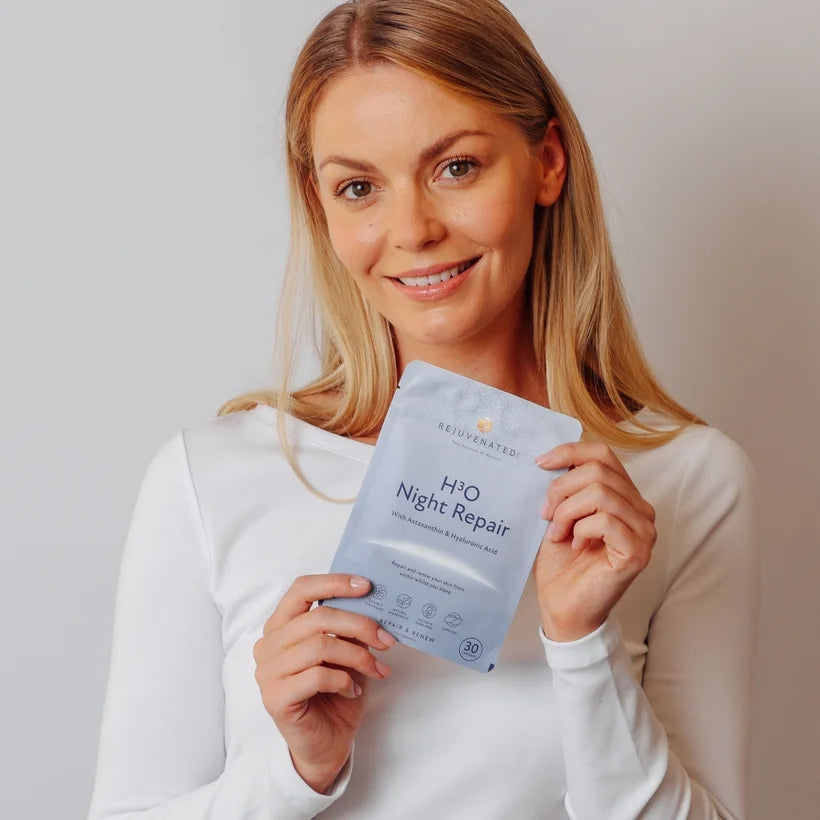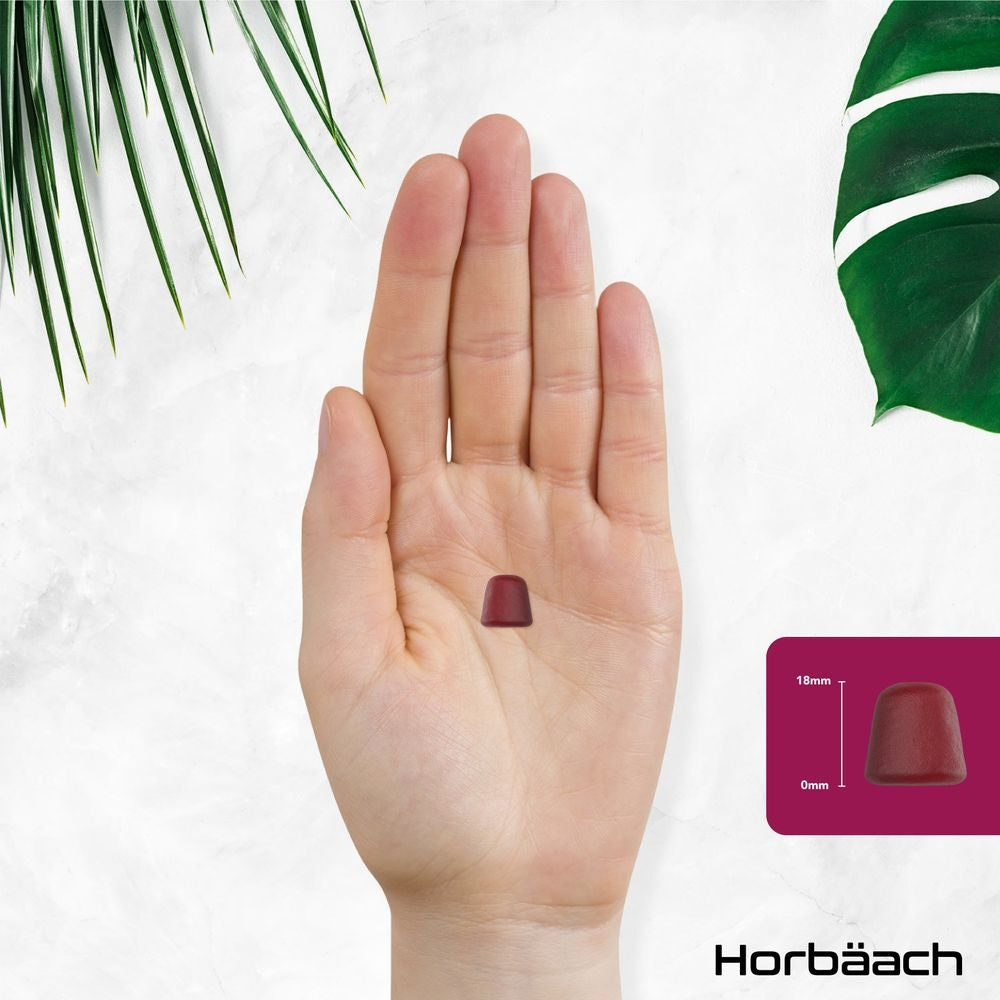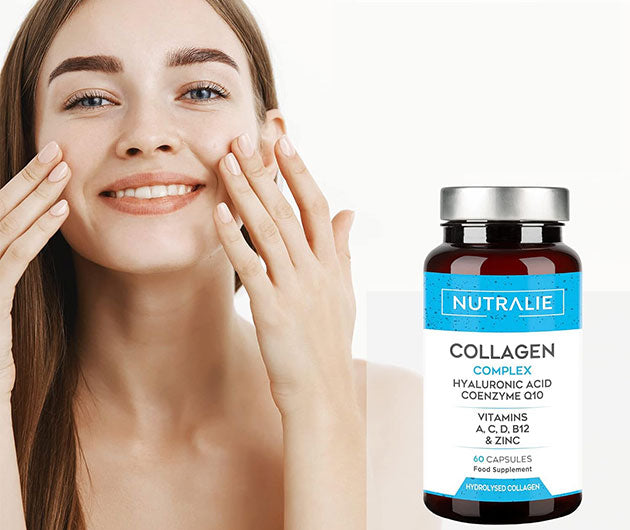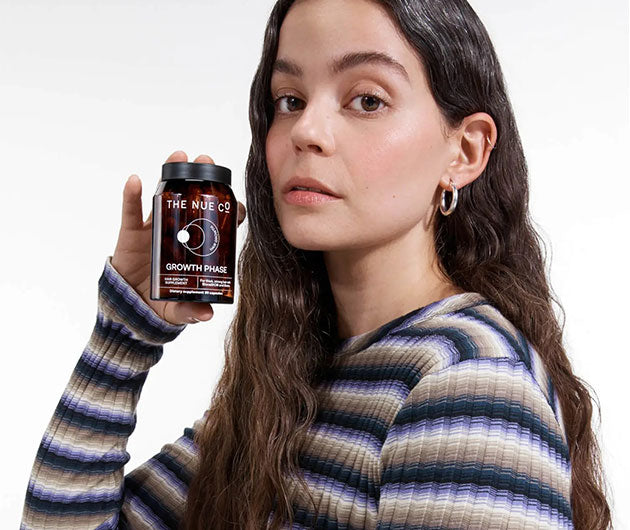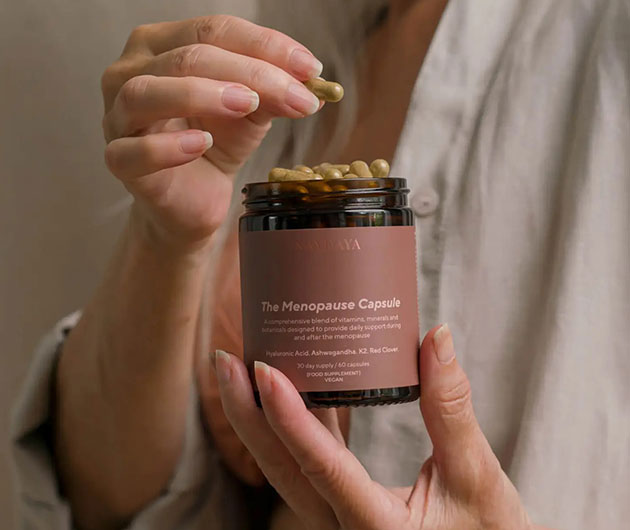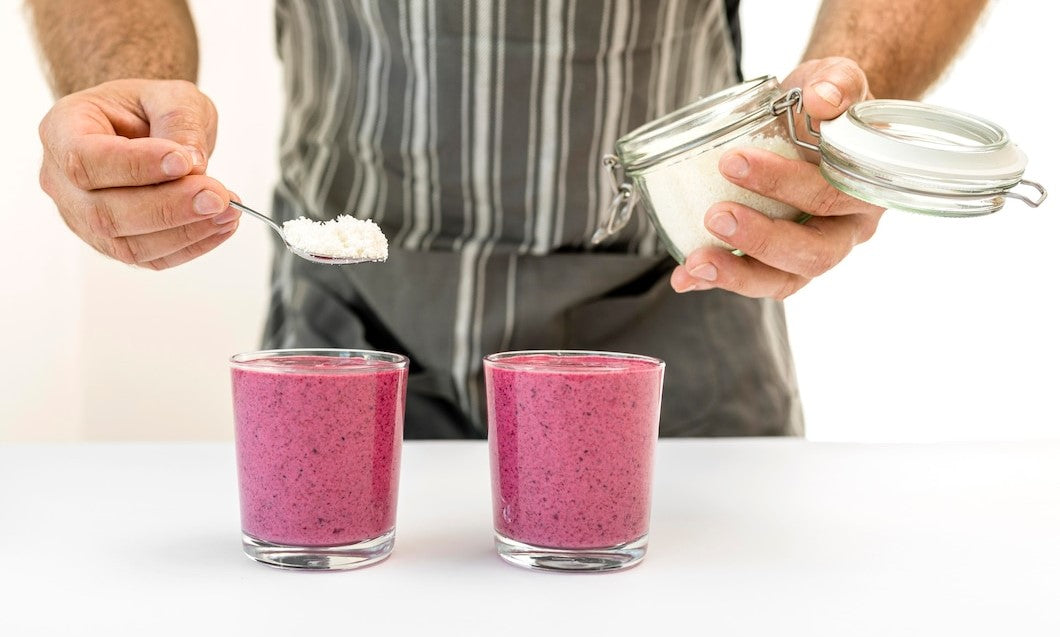
Collagen Supplements: Do They Really Work for Skin and Hair
Collagen has become one of the most talked-about beauty and wellness supplements today. From powders to capsules, you’ll find it everywhere — promising youthful skin, shiny hair, strong nails, and even healthier joints. But what exactly is collagen, and do collagen supplements really live up to the hype? Let’s break it down.
What Is Collagen?
Collagen is the most abundant protein in the human body, making up about 30% of our total protein content. It provides structure, strength, and elasticity to skin, hair, nails, bones, and joints. Think of it as the “glue” that holds everything together.
Unfortunately, as we age, collagen production naturally slows down — leading to wrinkles, sagging skin, weaker hair, and joint stiffness. This is where collagen supplements come in.
Benefits of Collagen Supplements
For Skin
-
Reduces Wrinkles & Fine Lines – Collagen peptides may help improve skin elasticity and hydration.
-
Boosts Radiance – By supporting skin structure, collagen helps maintain a plump, youthful glow.
-
Prevents Sagging – Supplementation may slow down the signs of skin ageing.
For Hair & Nails
-
Stronger Strands – Supports hair follicle health, reducing brittleness.
-
Promotes Growth – Amino acids from collagen are building blocks for keratin (the protein in hair).
-
Healthier Nails – Helps prevent chipping and breakage.
For Joints & Bones
-
Supports Joint Health – Collagen helps cushion joints and may ease stiffness or discomfort.
-
Bone Strength – Works alongside calcium to support bone density.
-
Faster Recovery – Athletes often use collagen to reduce injury-related downtime.
Types of Collagen in Supplements
There are more than 20 types of collagen in the body, but the main ones used in supplements are:
-
Type I – For skin, hair, nails.
-
Type II – For cartilage and joints.
-
Type III – Supports skin elasticity and organ health.
Most supplements are hydrolyzed collagen (collagen peptides) — broken down for easier absorption.
Best Sources of Collagen
-
Supplements: Powders, capsules, and drinks made from bovine (cow), marine (fish), or chicken collagen.
-
Foods: Bone broth, chicken skin, fish skin, and gelatin.
-
Plant-Based Alternatives: While plants don’t contain collagen, they provide nutrients like vitamin C and amino acids that support natural collagen production.
How to Take Collagen Supplements
-
Add collagen powder to smoothies, coffee, or soups.
-
Take capsules if you prefer convenience.
-
Combine with vitamin C for better absorption.
Tip: Consistency is key. Studies suggest noticeable benefits after 8–12 weeks of daily supplementation.
Are Collagen Supplements Safe?
Most people tolerate collagen supplements well, with minimal side effects. Always choose high-quality, tested products to ensure purity and safety. Vegans and vegetarians can opt for plant-based alternatives that boost natural collagen synthesis.
Final Thoughts
Collagen supplements are not a magic cure, but research suggests they can support skin hydration, reduce wrinkles, strengthen hair and nails, and improve joint health when taken consistently. Combined with a balanced diet, hydration, and healthy lifestyle, collagen could be your secret weapon for ageing gracefully from within.

